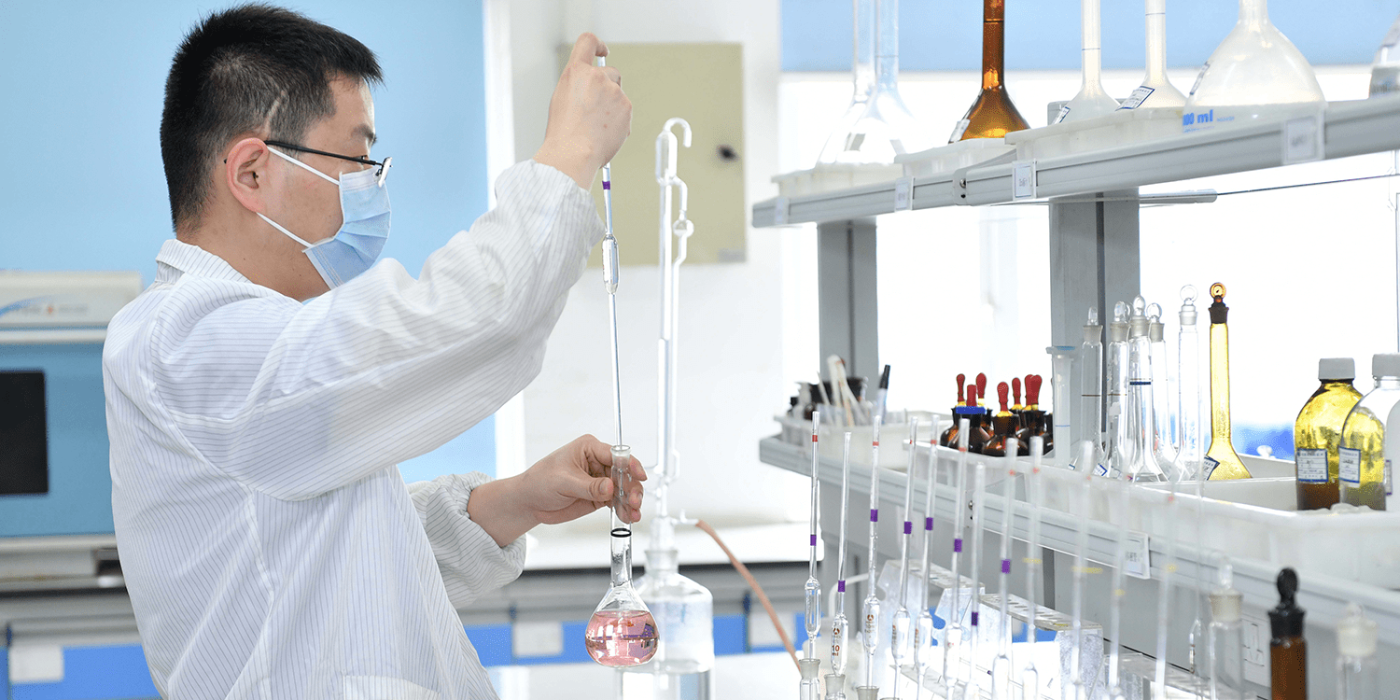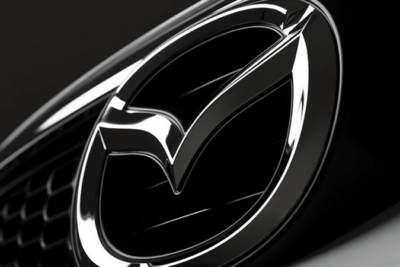BASF & SVOLT launch battery cooperation
The German chemical company BASF and the Chinese battery cell manufacturer SVOLT have agreed on a comprehensive partnership. The two companies want to cooperate in the development of new battery materials and the supply of raw materials, as well as in recycling.
According to BASF, the partnership will “combine the strengths of both parties on cell manufacturing, cathode active materials and battery recycling to accelerate global progress towards carbon neutrality”. The collaboration is also expected to enhance both companies’ research and development capabilities in sustainable battery materials and strengthen both parties’ competitiveness in China, the largest battery market, and globally, it said.
Both companies are currently building plants to produce cathode material and battery cells in Germany. BASF’s cathode material factory is being built in Schwarzheide, Brandenburg (including a recycling pilot plant), while the battery manufacturer, which emerged from the Great Wall car group, chose Saarland for its first cell factory in Europe.
While a supply of jointly developed cathode materials produced in Schwarzheide to SVOLT seems obvious, the partnership is to go deeper, according to the BASF announcement. According to the statement, both companies “will also examine joint upstream procurement to improve the security of supply of raw materials”.
“The strategic partnership with SVOLT will further enhance our strong position in the fast-growing battery materials market,” said Peter Schuhmacher, head of the Catalysts division. “As a globally leading battery materials supplier, BASF is ideally positioned to deliver tailored high-performance cathode active materials for SVOLT’s leading cell technology.”
Yang Hongxin, chairman and CEO of SVOLT, described the partnership with BASF as an important part of the global supply chain. “This strategic cooperation will help us to complement each other’s strengths along the battery supply chain, accelerate innovation capabilities in CAM R&D, and continuously promote portfolio innovation and core competitiveness for EV batteries,” Yang said.
BASF says it has a broad portfolio “with medium to high nickel content as well as manganese-rich and cobalt-free compounds” in cathode materials. As reported, SVOLT already offers cobalt-free cells and relies on a nickel-manganese mix.
By the way, in mid-September BASF had reached a very similar agreement with the Chinese cell manufacturer CATL. The exact scope of the respective cooperations is of course not made clear in detail in the announcements, but here too it is about cathode materials and battery recycling. As is well known, CATL is currently building its European plant near Erfurt. With Cellforce, the battery joint venture of Porsche and Customcells, a partnership for high-energy NCM cathode materials and the recycling of production waste has been in place since July.





0 Comments